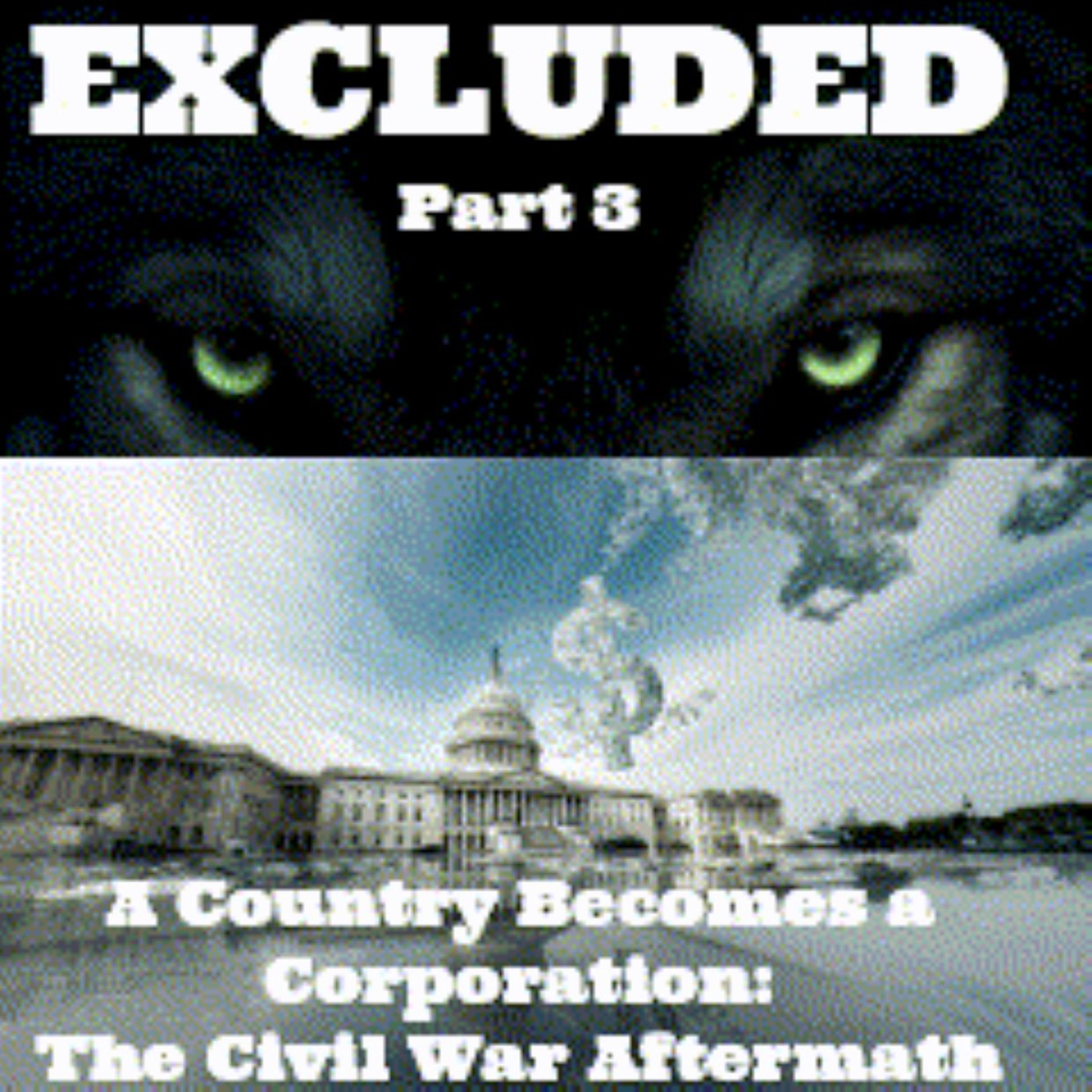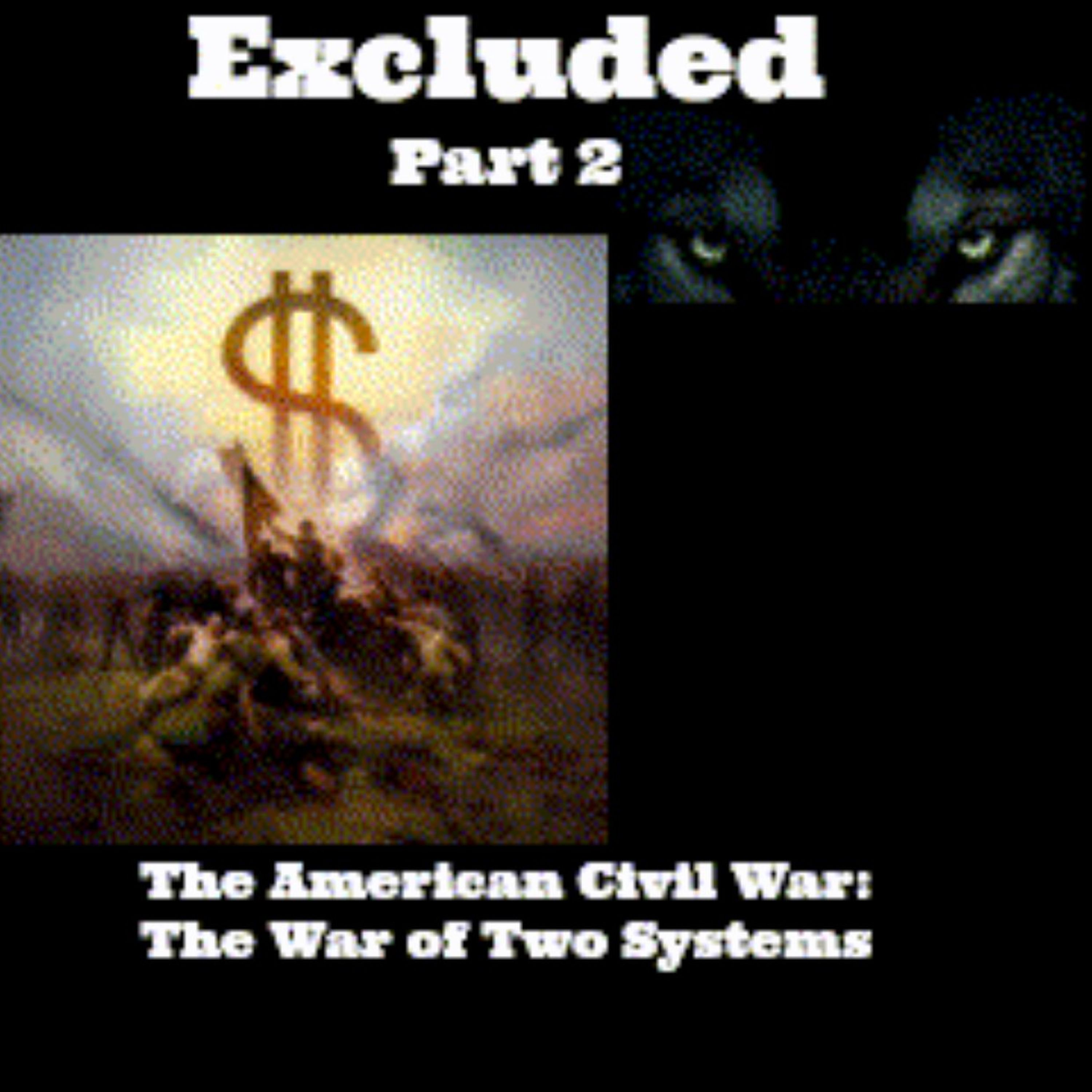Episode Transcript
The Abolition of Slavery: The British Template America Followed
Given the forces pushing America towards change, what is needed is an appealing, apparently moral reason that can be presented to the people of the North to unite them behind the coming war.
The North American elite have seen the needed prototype, its presentation, utilised across the Atlantic by the British.
They had abolished slavery throughout the Empire ostensibly for moral reasons, only thirty years previously.
If that sounds too good to be true, you are right. It is.
Since when does a system built on barbaric exploitation of fellow humans suddenly develop a sense of right and wrong, and take steps that would make its elite poorer, seep away their privilege and power?
Nothing in the history of the British Empire subsequently suggests any of that happens after the abolition of slavery, in fact the reverse, so the reasons had to be those that reinforced the system and strengthened the elite.
"Slavery," Eric Williams, academic and the first prime minister of Trinidad and Tobago, argued in his book Capitalism and Slavery written in 1938 but widely only available now, "was abolished in much of the British empire in 1833 because doing so at that time was in Britain's economic self-interest - not because the British suddenly discovered a conscience."
Despite opposition, three factors make the abolition of slavery by Britain a relatively smooth process.
One, slavery has not been institutionalised into the fabric of mainland Britain so psychologically it is something that happens 'over there.' Imagine a propagandised nation as Pontus Pilate.
Two, Britain is one country, one system, which has the extractive wealth of its growing empire to fall back on.
It is projected that the British Empire wrested 45 trillion-pound sterling from India during the period of imperial occupation.
This, while, Britain has some of the largest slums in Europe, and barefoot children trudging its broken, paved streets in London's East End and Glasgow's Gorbals.
Three, British slave owners are handsomely reimbursed for the loss of their slave wealth by the government. 40% of its whole budget for 1834, 20 million pounds sterling or around 17 billion in today's value, is paid through the issuance of government bonds. So, like 2008, it becomes a debt for the ordinary people to shoulder. It is another form of social welfare for the elite always presented as a national benefit.
The debt for these bonds is so large that it will only fully paid off in 2015— 182 years later.
Abolition comes with a key beneficial caveat for the wealthy. A system of apprenticeship tying the newly freed men and women into another form of unfree labour for fixed terms. So, like what America will also do, a new form of slavery with a different name.
At the time it can be presented as a win-win for everyone. Except ironically, those freed who are too far away, and too few to be heard.
America does not possess the first two factors, and government in the North has neither the funds (Lincoln authorised the printing of 450m dollars 'greenbacks' (15bn in 2022 value) to fight the war) or the inclination to keep the South, as it is, considerably wealthier than the Nort


